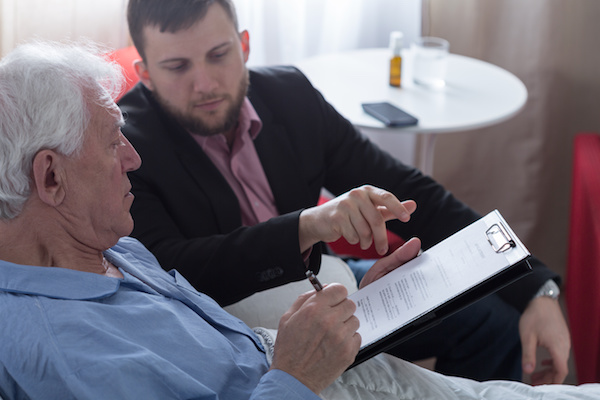
TUESDAY, May 17 (HealthDay News) — Tai chi helps reduce the risk of falls in older people and also improves their mental health, a new study has found.
However, the ancient Chinese martial art/exercise does not help ease the symptoms of cancer or rheumatoid arthritis, according to researchers who analyzed 35 reviews assessing the health effects of tai chi.
The reviews in English, Chinese and Korean databases looked at the impact of tai chi on a variety of diseases, including diabetes, high blood pressure, cancer, osteoarthritis, Parkinson’s disease, musculoskeletal pain, rheumatoid arthritis, osteoporosis and cardiovascular disease.
Some of the reviews also examined tai chi’s effect on mental health, balance and fall prevention, muscle strength, flexibility and aerobic capacity.
Findings about tai chi’s effects were contradictory for a number of conditions, but there seemed to be clear evidence that it offered general health benefits for older people, was effective for fall prevention and improved mental health, according to study authors Myeong Soo Lee of the Korea Institute of Oriental Medicine in South Korea, and Dr. Edzard Ernst of the University of Exeter in England.
The study findings were released online May 16 in advance of publication in an upcoming print issue of the British Journal of Sports Medicine.
“Our overview showed that tai chi, which combines deep breathing and relaxation with slow and gentle movements, may exert exercise-based general benefits for fall prevention and improvement of balance in older people as well as some meditative effects for improving psychological health,” the study authors wrote.
“We recommend tai chi for older people for its various physical and psychological benefits. However, tai chi may not effectively treat inflammatory diseases and cardiorespiratory disorders,” they concluded.
More information
The U.S. National Center for Complementary and Alternative Medicine has more about tai chi.

